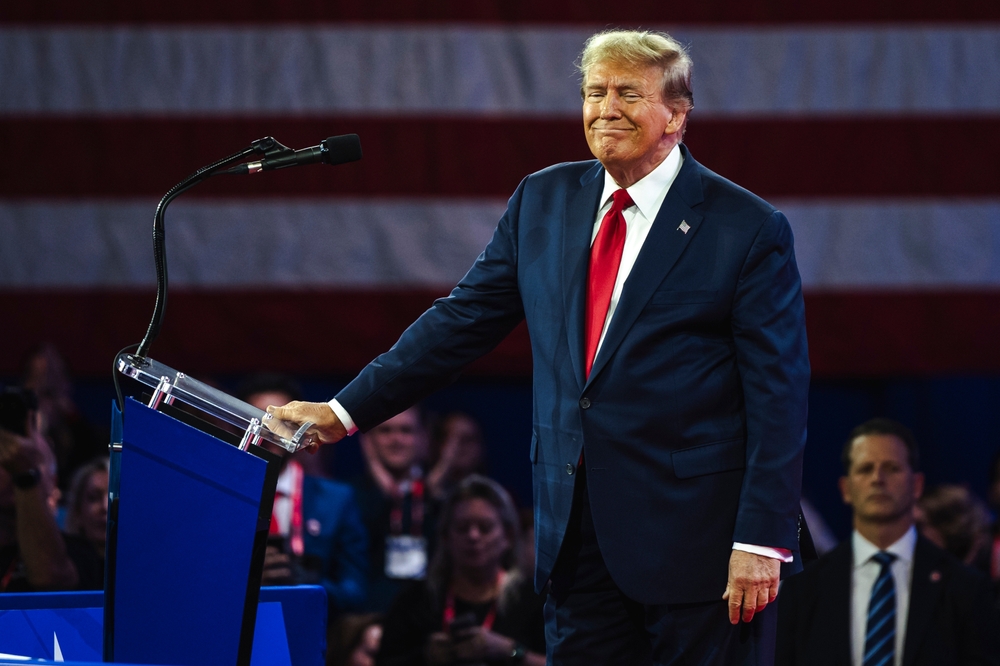The intersection of Donald Trump’s pre-inauguration rally and Martin Luther King Jr. Day has created waves across America. The former president’s unexpected announcement about declassifying FBI records related to MLK’s assassination has left many wondering about the timing and implications of such a significant move.
The promise of transparency comes with baggage
Trump’s commitment to release classified documents about MLK’s assassination marks a potentially historic moment in American transparency. These files, which have remained sealed for decades, could reveal crucial details about one of the most tragic events in civil rights history.
The announcement extends beyond MLK, encompassing files related to John F Kennedy and Robert Kennedy’s assassinations. What makes this particularly intriguing is the complex web of historical documents that have remained hidden from public view, protected by claims of national security concerns.
Previous attempts to release similar documents during Trump’s first term faced significant roadblocks. National security agencies pushed back, citing potential risks to ongoing operations and sensitive information. This history of delays and resistance raises questions about the feasibility of Trump’s latest promise.
Behind the classified curtain
The FBI’s relationship with civil rights leaders has long been a source of controversy. Documents set to remain classified until 2027 might contain sensitive information about the bureau’s surveillance operations during the Civil Rights Movement. This historical context adds weight to Trump’s declassification promise, as it could expose decades-old government activities that targeted civil rights activists.
The 1975 Department of Justice task force found no evidence linking the FBI to King’s murder. However, the agency’s documented history of illegal surveillance against civil rights leaders continues to fuel speculation and distrust. The potential release of these files could either confirm or challenge long-held theories about government involvement.
A complicated legacy meets modern politics
Trump’s announcement came packaged with criticism of current diversity, equity, and inclusion initiatives, creating a stark contrast between past and present civil rights discussions. His pledge to eliminate DEI mandates across government and private sectors has sparked debate about the modern interpretation of King’s dream.
The timing of these statements, made on the eve of MLK Day, highlights the ongoing tension between different visions of equality in America. While some support Trump’s call for a “merit-based” system, others argue this stance undermines decades of progress toward inclusive representation.
The King family responds
Martin Luther King III’s response to Trump’s announcements captures the complexity of this moment. The civil rights leader’s son emphasized the continued importance of public engagement in the fight for equality, even as political forces push in opposite directions.
His message serves as a reminder that the struggle for civil rights didn’t end with his father’s assassination. Instead, it continues to evolve, taking new forms in response to contemporary challenges and political rhetoric.
The broader implications for America
The convergence of Trump’s inauguration with MLK Day creates a powerful moment for national reflection. The promise to declassify sensitive documents about civil rights history while simultaneously challenging modern equity initiatives demonstrates the complex relationship between America’s past and present.
These developments raise crucial questions about how we honor historical legacies while addressing contemporary challenges. The potential release of classified documents could reshape our understanding of a pivotal moment in American history, even as we grapple with ongoing debates about equality and justice.
Looking ahead
The impact of Trump’s promises extends beyond immediate political considerations. The potential release of these classified documents could provide valuable insights into one of America’s most turbulent periods, offering lessons for current and future generations.
As the nation watches these events unfold, the true test will lie in how this information is used to advance the cause of justice and equality that Dr. King championed. The declassification of these documents could either heal old wounds or open new ones, depending on their contents and how they’re interpreted by different segments of society.
The bottom line
This moment represents more than just political maneuvering or historical curiosity. It’s a reminder that the fight for civil rights and equality remains as relevant today as it was during King’s lifetime. As we await the potential release of these documents, their contents could reshape our understanding of both past and present struggles for justice in America.
The convergence of historical revelation and contemporary political discourse creates an unprecedented opportunity for national dialogue about race, justice, and equality. Whether this opportunity leads to greater understanding or deeper division will depend largely on how Americans choose to engage with these revelations and the ongoing conversation about civil rights in modern America.















